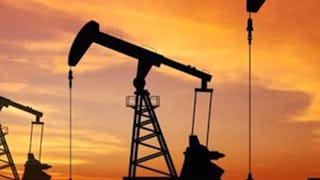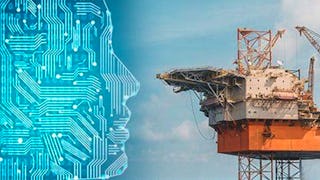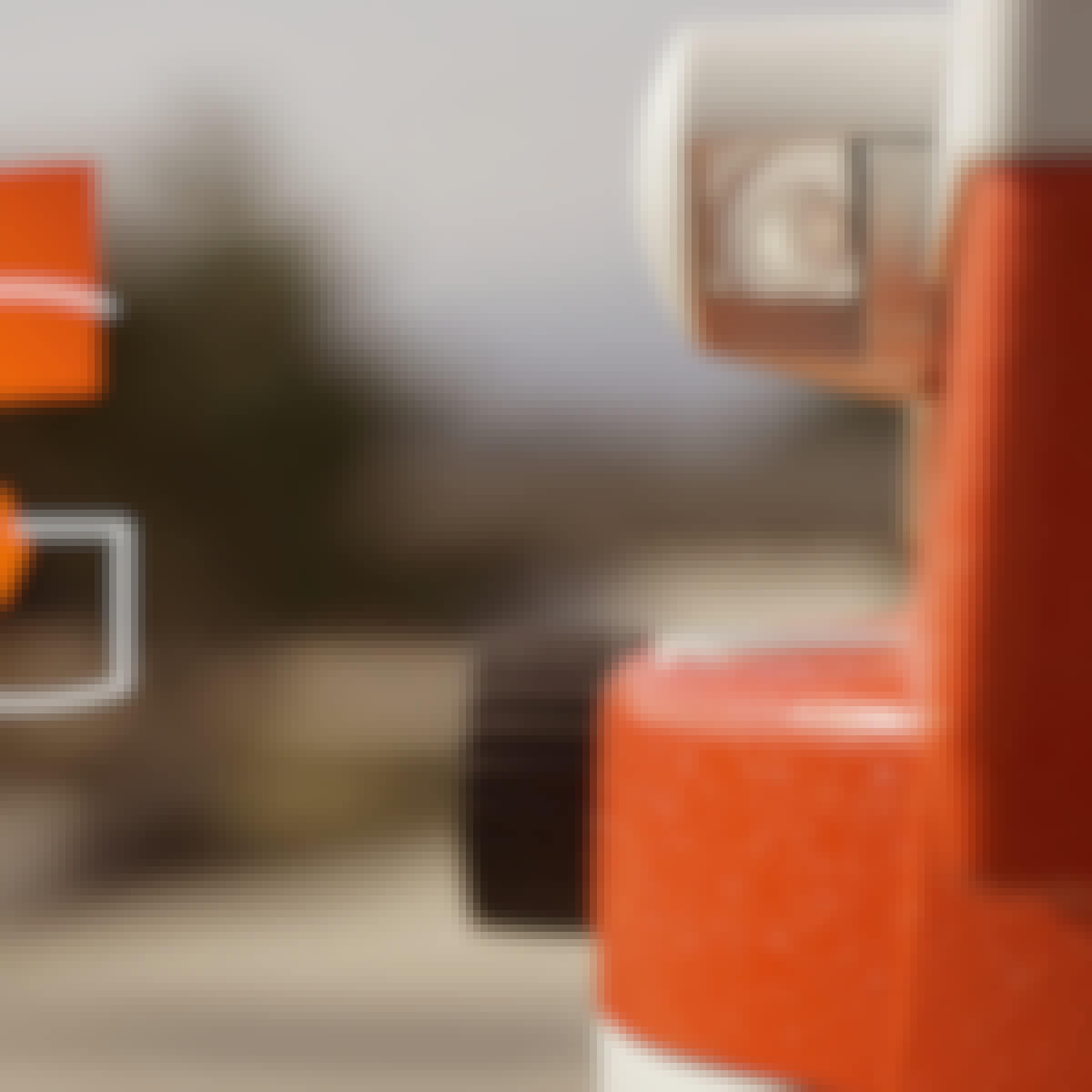Geostatistics
Filter by
SubjectRequired *
LanguageRequired *
The language used throughout the course, in both instruction and assessments.
Learning ProductRequired *
LevelRequired *
DurationRequired *
SubtitlesRequired *
EducatorRequired *
Results for "geostatistics"
 Status: NewNewStatus: Free TrialFree TrialC
Status: NewNewStatus: Free TrialFree TrialCCase Western Reserve University
Skills you'll gain: Geostatistics, Exploratory Data Analysis, Spatial Analysis, Geospatial Information and Technology, Geographic Information Systems, Data Cleansing, Data Analysis, Statistical Modeling, Statistical Analysis, Oil and Gas, Estimation, Simulation and Simulation Software, Data Integration
Intermediate · Course · 1 - 3 Months
 Status: NewNewStatus: Free TrialFree TrialC
Status: NewNewStatus: Free TrialFree TrialCCase Western Reserve University
Skills you'll gain: Geostatistics, Exploratory Data Analysis, Spatial Analysis, Descriptive Statistics, Box Plots, Statistical Modeling, R Programming, Plot (Graphics), Rmarkdown, Data Analysis, Data Cleansing, Statistical Methods, Ggplot2, Simulations
Intermediate · Course · 1 - 3 Months
 Status: NewNewStatus: Free TrialFree TrialC
Status: NewNewStatus: Free TrialFree TrialCCase Western Reserve University
Skills you'll gain: Geostatistics, Exploratory Data Analysis, Spatial Data Analysis, Spatial Analysis, Geospatial Information and Technology, Statistical Methods, Statistical Modeling, R Programming, Statistical Analysis, R (Software), Probability & Statistics, Descriptive Statistics, Data Analysis, Correlation Analysis, Data Validation, Simulations, Histogram, Box Plots, Simulation and Simulation Software
Beginner · Course · 1 - 3 Months
 Status: PreviewPreviewÉ
Status: PreviewPreviewÉÉcole Polytechnique Fédérale de Lausanne
Skills you'll gain: Spatial Analysis, Spatial Data Analysis, GIS Software, Geographic Information Systems, Geospatial Mapping, Geostatistics, Interactive Data Visualization, Data Integration, Data Mapping, Augmented Reality, Sampling (Statistics)
Beginner · Course · 1 - 3 Months
 Status: Free TrialFree TrialL
Status: Free TrialFree TrialLL&T EduTech
Skills you'll gain: Oil and Gas, Petroleum Industry, Environmental Engineering, Energy and Utilities, Environmental Regulations, Hydrology, Chemical Engineering, Engineering Analysis, Geostatistics, Water Resources, Production Process, Process Engineering, Hydraulics, Automation, Emerging Technologies, Analytical Testing
4.7·Rating, 4.7 out of 5 stars60 reviewsBeginner · Course · 1 - 4 Weeks
 Status: Free TrialFree TrialL
Status: Free TrialFree TrialLL&T EduTech
Skills you'll gain: Oil and Gas, Petroleum Industry, Big Data, Data Management, Data Processing, Artificial Intelligence and Machine Learning (AI/ML), Process Engineering, Geostatistics, Anomaly Detection, Image Analysis, Process Control, Production Process, Energy and Utilities, Machine Learning, Automation, Physical Science, Natural Resource Management, 3D Modeling, Exploratory Data Analysis
4.8·Rating, 4.8 out of 5 stars47 reviewsBeginner · Course · 1 - 4 Weeks
What brings you to Coursera today?
 Status: PreviewPreviewÉ
Status: PreviewPreviewÉÉcole Polytechnique Fédérale de Lausanne
Skills you'll gain: Spatial Data Analysis, Geospatial Mapping, Geographic Information Systems, Geospatial Information and Technology, Spatial Analysis, Geostatistics, Global Positioning Systems, 3D Modeling, Engineering, Scientific, and Technical Instruments, Survey Creation, Systems Of Measurement, Trigonometry
4.7·Rating, 4.7 out of 5 stars142 reviewsIntermediate · Course · 1 - 3 Months